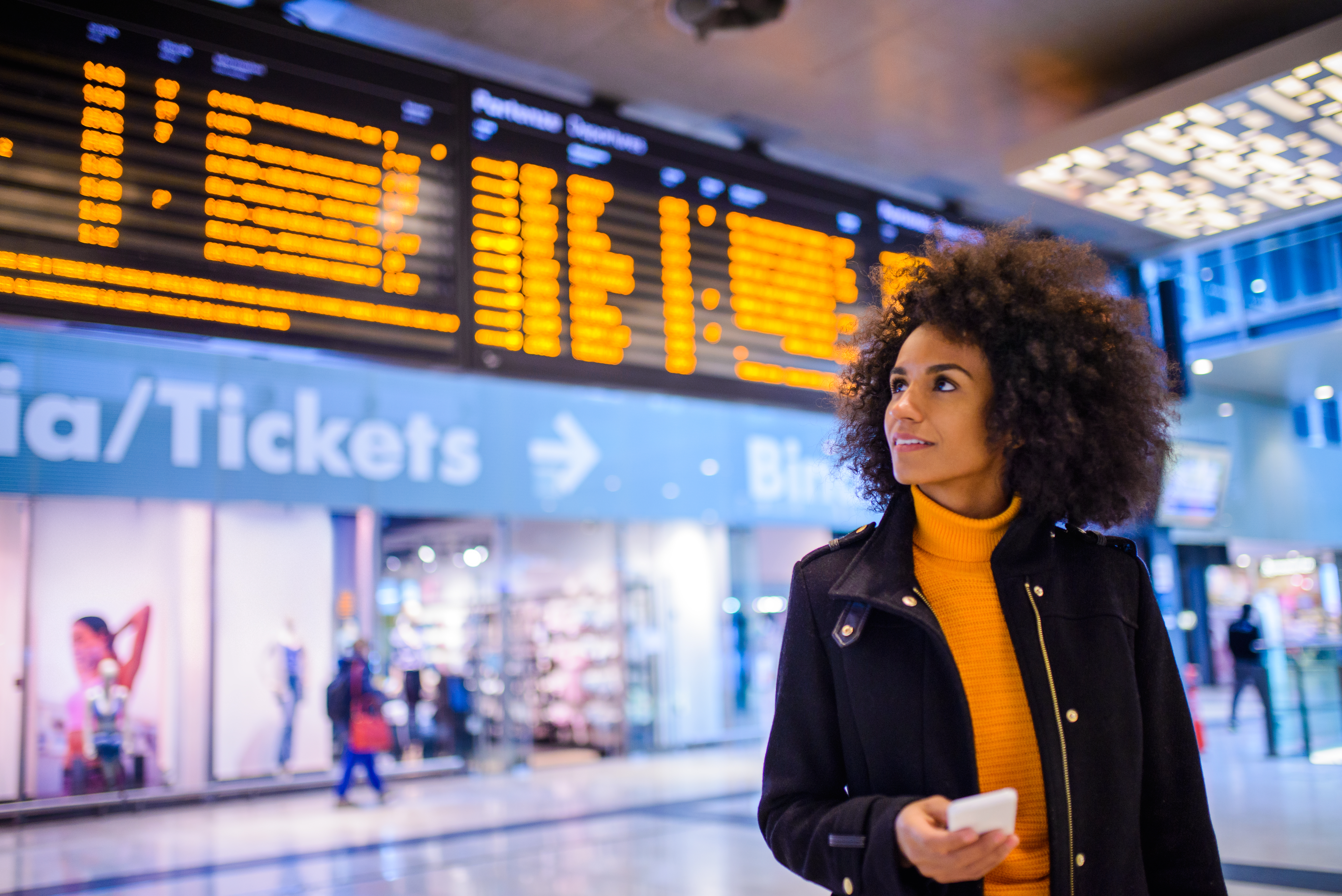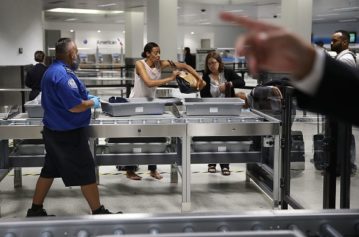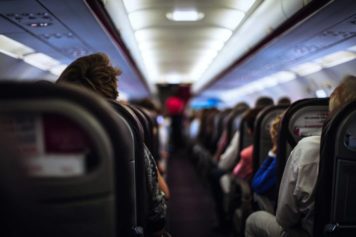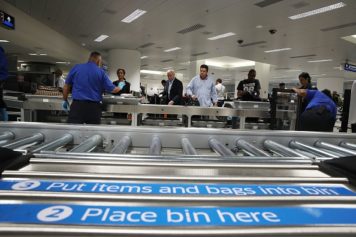Two agents with the Transportation Security Administration have reportedly admitted that the agency’s machines are biased against hairstyles typically worn by Black women.
TSA agents disclosed in an April 17 feature for ProPublica that alarms in full-body scanners used in the security process are often tripped by certain hairdos. The website reported the machines are prone to sounding false alarms when it comes to Black women’s hair. When the machine goes off, a pat-down ensues.

The TSA website advises travelers to remove all items from their hair as they go through security. It also warns “wearing a hairpiece, extensions or a wig as well as a ponytail, a hair bun or braids” can trip the machine alarm.
When reached for comment from ProPublica, the TSA said in part it “is reviewing additional options for the screening of hair.”
Last summer the TSA made a request to vendors for ideas on how “to improve screening of headwear and hair in compliance with Title VI of the Civil Rights Act.” Title VI prohibits federally funded entities and programs from discriminating based on race, color, or nationality.
“With black females, the scanner alarms more because they have thicker hair; many times they have braids or dreadlocks,” said a Texas TSA officer who wished to remain anonymous to ProPublica. “Maybe, down the line, they will be redesigning the technology, so it can tell apart what’s a real threat and what is not. But, for now, we officers have to do what the machine can’t.”
Still, a senior TSA agent defended the practice of pat-downs saying it is not discriminatory. She said they are conducted when the machine signals that there is an object in the traveler’s hair.
“I get a hair pat-down every time I travel. I’m a white woman,” the official who asked not to be named told the nonprofit news organization. “Procedures require that if there is an alarm on the technology, the pat-down [must] be conducted.”
She also noted the TSA has not discovered any proof that hair pat-downs are discriminatory or seen a pattern that geared the practice toward a specific airport.
Regardless, the anecdotal evidence is there.
Dorian Wanzer of Washington, D.C., travels often for work, and she’s usually stopped while going through security checkpoints.
“It happens with my natural Afro, when I have braids or two-strand twists. Regardless,” she said. “At this point in my life I have come to expect it, but that doesn’t make it any less invasive and frustrating.”
Another woman, Jazzmen Knoderer, said she’s had her hair searched all four times she’s traveled and she did not first go through a full-body scanner. This happened during stops at the Dayton International Airport in Ohio, an airport in Maui, Hawaii and at Baltimore-Washington International Thurgood Marshall Airport.
“It doesn’t feel random when it happens three times in a row,” said Knoderer, whose hair was styled in an Afro or two strand twists during respective airport stops. “It doesn’t feel random when you see that all the people around you, who don’t look like you, aren’t asked to step aside. I don’t want to change the way my hair grows out of my head.”
In 2015, the discrimination two women with sisterlocs encountered led to a complaint to be filed against the TSA through the American Civil Liberties Union, Atlanta Black Star reported. As a result, the agency vowed to begin anti-discrimination training sessions to help officers learn better methods of conducting careful passenger searches without hair profiling.


